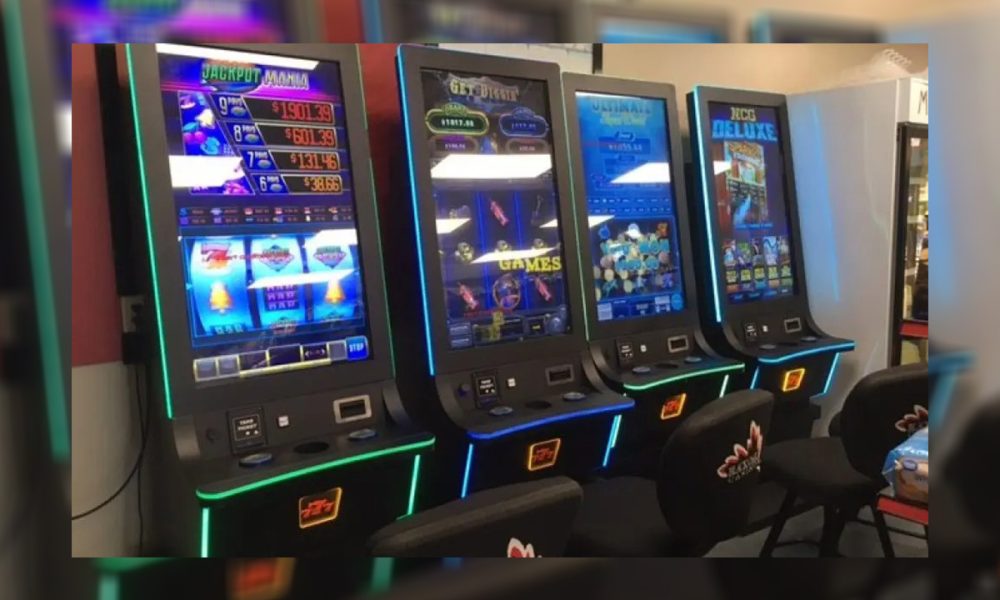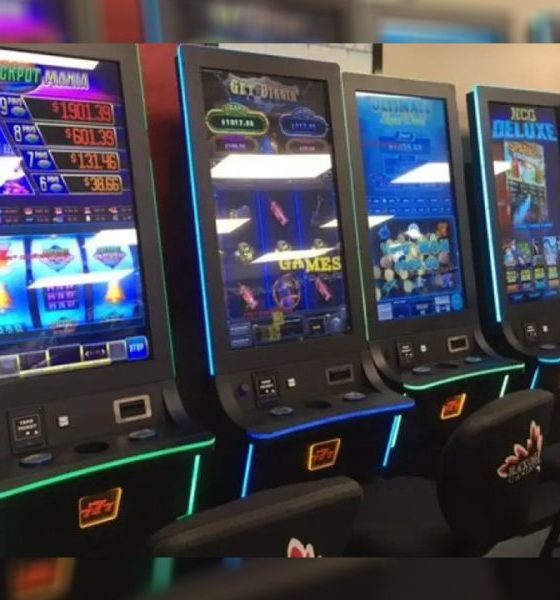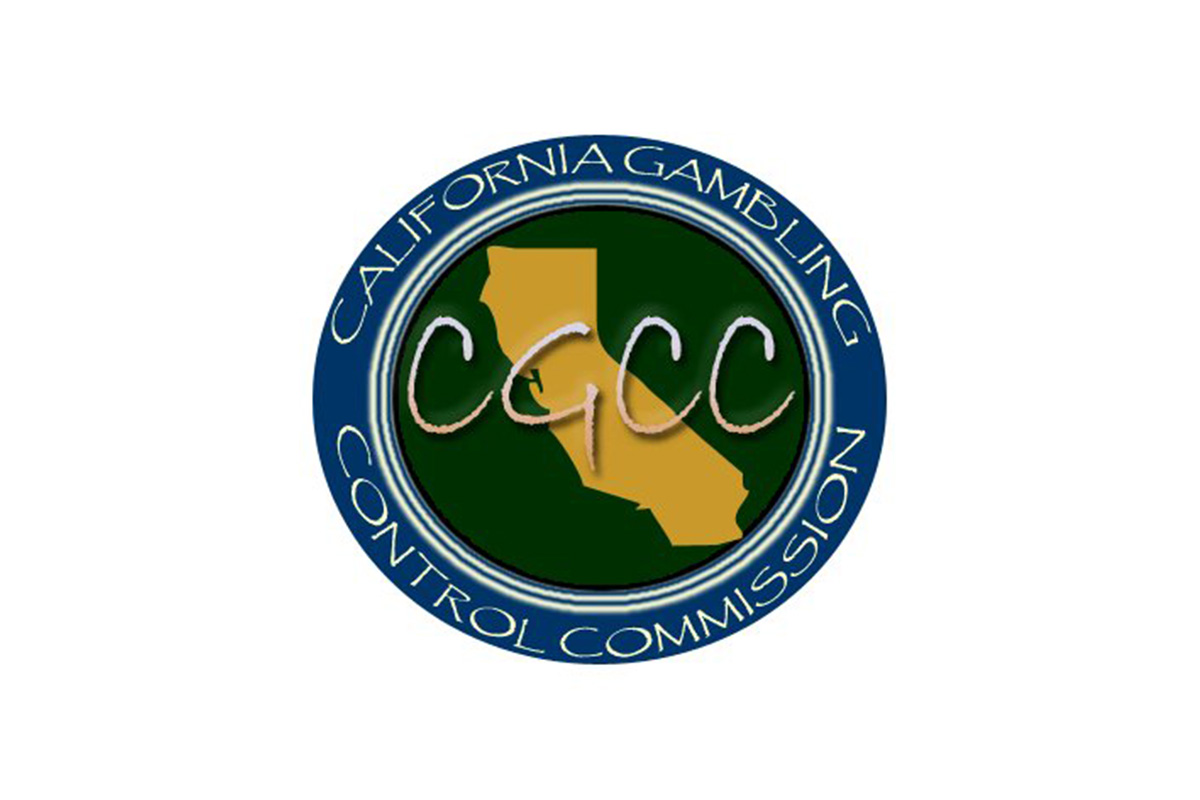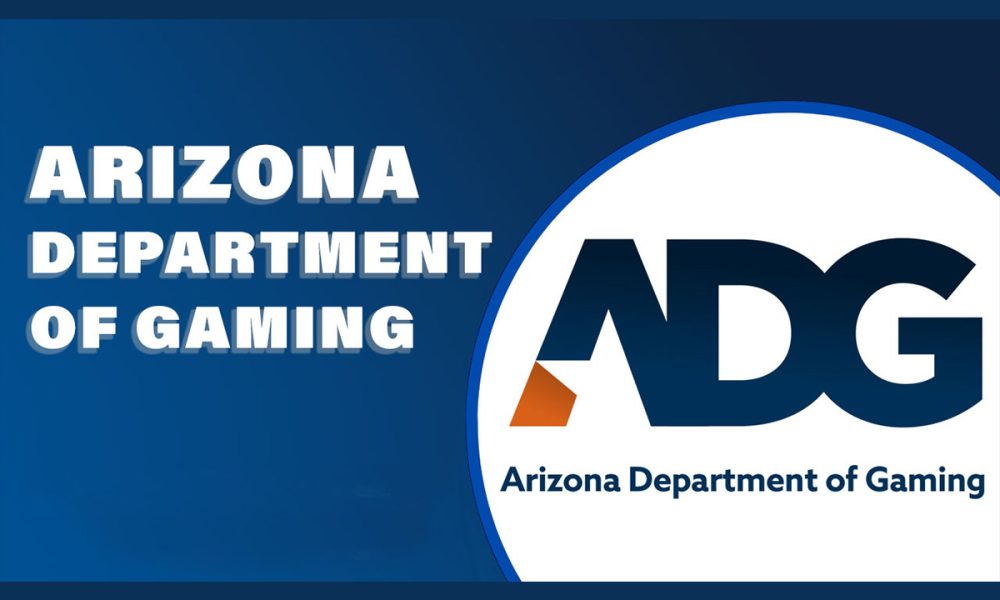

Compliance Updates
Michigan Gaming Control Board Rejects Recent Claims Regarding Skill Games
The Michigan Gaming Control Board (MGCB) has refuted recent assertions questioning the legitimacy of its efforts to protect citizens by combating illegal gambling within the state, particularly in relation to the rise of casino-style electronic gaming machines that self-identify as “skill games.”
In recent years, there has been a notable increase in the presence of electronic gaming machines in bars and restaurants across Michigan. The suppliers of these machines misleadingly contend that the games include an element of skill and are therefore exempt from Michigan’s gambling prohibitions. Specifically, they claim that the games qualify as “redemption games” under MCL 750.310b, which allows a limited and very narrow exception to Michigan’s gambling prohibitions.
“As the regulatory authority overseeing the three Detroit commercial casinos and online gaming in Michigan, the MGCB is committed to upholding the integrity of the state’s gambling regulations and ensuring a fair and responsible gaming environment for all citizens. It is essential to clarify that these casino-style electronic gaming machines are not exempt from Michigan’s penal code, and individuals operating or utilizing them are subject to enforcement actions by the state,” MGCB Executive Director Henry Williams said.
Ongoing investigations by the MGCB have consistently established that the operation of these games does not comply with the strict requirements of MCL 750.310b because these games operate in a manner that is identical to a slot machine, whereby winning depends primarily upon fortuitous or accidental circumstances beyond the control of the player. Patterns observed with the illegal use of casino-style electronic gaming machines have included the use of cash as prizes, issuance of Visa gift cards, and false claims of legality and/or state authorization. Operations of these unregulated gaming machines put citizens at risk — because they have no recourse should they be misled, cheated, or otherwise taken advantage of — and results in a loss of state revenue, depriving Michigan citizens of taxes and revenue used to support schools through the School Aid Fund and communities and local governments with essential state funding dollars.
Comprehensive joint investigations conducted by the MGCB and the Michigan Attorney General’s Office in the past five years have resulted in 29 individuals being convicted of 27 felonies and 16 misdemeanors. These investigations have also resulted in 436 illegal machines seized, along with $176,001.69 in cash and $15,415 in Visa, MasterCard, and/or Simon gift cards.
“The public is being misled when told that skill and gift cards equate to the legality of a machine. What is being ignored is that the machines in question have been played and/or examined by investigators and determined to be casino-style slot machines for which winning depends on chance. And by law they do not qualify as a redemption game exception to the penal code. The mere use of a gift card as a prize does not render the machine legal,” ,” Williams said.
Unregulated machines used illegally lack the necessary consumer safeguards that licensed and regulated establishments provide, leaving the individuals who use them susceptible to unfair practices. More importantly, they offer no player protections and do not allow patrons to influence game outcomes through skill or strategy. This lack of oversight poses significant risks, particularly when minors can access these machines, potentially increasing the likelihood of future gambling problems among youth.
“The presence of unregulated casino-style electronic gaming machines in restaurants and small businesses risks grooming minors for gambling at an early age. This can have damaging consequences on their future well-being, potentially desensitizing them to the negative impacts of gambling, leading to addiction and financial problems later in life. Kids don’t need access or exposure to slot machines when they go out to enjoy a burger and fries or a pizza. If it’s not on the menu, it should not be available,” Williams added.
The MGCB has provided businesses with educational materials to ensure that any machine they are considering having in their business complies with Michigan law. Additionally, these materials have been uploaded to the MGCB website for public consumption. But the MGCB’s efforts continue to be undermined by the repeated spreading of misinformation, causing the illegal use of these machines to expand across Michigan.
The MGCB has also made it clear that it is not hindering local business owners’ ability to increase profits. Businesses engaged in the use of these machines are committing criminal acts with false assurances that their conduct is legal. In cases where investigations into casino-style slot machines have taken place at bars and restaurants, each of the affected business owner(s) were served adequate, advance warning that they were not in compliance with the law by way of cease-and-desist letters that provided them an opportunity to comply before enforcement action, including criminal charges, was taken.
“The MGCB encourages business owners to contact the agency should they have any questions on whether a gaming machine they have in their establishment complies with the law. Our goal is education and compliance. Any suggestion otherwise is simply not true,” Williams said.
California
California Gambling Control Commission Issues New Precedential Decision on Licensing Requirements

The California Gambling Control Commission has issued a new Precedential Decision that addresses licensure requirements for funding sources of Third-Party Providers of Proposition Player Services (TPPPS).
The decision, formally titled Precedential Decision 2025-01, was adopted on August 21, 2025, and is now available on the Commission’s Precedential Decisions page
along with all prior precedential rulings.
This latest decision provides further clarity on licensing obligations and regulatory expectations for individuals and entities involved in funding TPPPS operations—a key aspect of maintaining integrity and oversight in California’s regulated gambling industry.
Stakeholders and members of the public can stay informed by subscribing to receive notifications when new Precedential Decisions are under consideration or adopted. The Precedential Decisions Subscription Signup Form, along with other subscription options for Commission meeting agendas, newsletters, and rulemaking updates, is available on the Commission’s website.
For questions or additional information, contact the Commission at (916) 263-0700 or via email at [email protected]
.
The post California Gambling Control Commission Issues New Precedential Decision on Licensing Requirements appeared first on Gaming and Gambling Industry in the Americas.
Arizona Department of Gaming
Arizona Department of Gaming Issues Cease-and-Desists on “Phoenix Dream Home Sweepstakes”

The Arizona Department of Gaming (ADG) issued cease-and-desist orders to Raffall, a company based in the UK, and to an Arizona resident using the platform to promote the “Phoenix Dream Home Sweepstakes,” currently advertised online and through a separate website, winthisazhome.com, which is marketing the chance to “Win a Luxury $1.3M Arizona Mountainside Home”.
According to the Department’s investigation, the promotion required participants to purchase entries for a prize to be awarded and promised either a home transfer or a cash payout, depending on sales volume. The investigation further determined that the organizers intended to profit from ticket sales. Based on these findings, the Department alleges the activity constitutes an illegal gambling operation under Arizona law.
As part of the enforcement action, Raffall has been directed to remove all gambling-related drawings or giveaways targeting Arizona residents, and the Arizona resident has also been ordered to cease promoting or conducting any unlawful gambling activity.
“Illegal gambling can take many forms and it does not matter if it is labeled a sweepstakes, raffle, giveaway, or drawing. Unregulated operations put Arizonans at risk because there is no oversight, and therefore no accountability or safeguards in place. The Department will continue to take enforcement action to protect consumers, and we urge the public to learn what is legal before participating in or hosting any gambling activity,” said Jackie Johnson, Director of the Arizona Department of Gaming.
The post Arizona Department of Gaming Issues Cease-and-Desists on “Phoenix Dream Home Sweepstakes” appeared first on Gaming and Gambling Industry in the Americas.
Australia
Entain’s Andrew Vouris to Speak at Regulating the Game 2026

Leading gaming law and regulation conference Regulating the Game has announced the newly appointed CEO of Entain Australia and New Zealand as its first Featured Speaker for its March 2026 event in Sydney.
The conference is scheduled to take place from 9 to 11 March 2026 at the Sofitel Sydney Wentworth.
Andrew Vouris, who was appointed CEO of Entain Australia and New Zealand in August, brings almost two decades of leadership experience in wagering, operations and innovation at some of Australia’s largest wagering operators.
His career spans senior leadership roles in Tabcorp’s multi-billion dollar wagering and media business, heading global operations of a pioneering esports and wagering platform, and partnering with private equity to build early-stage ventures in esports. Across these roles he has been deeply engaged in navigating complex regulatory and compliance challenges.
Since stepping into the CEO role at Entain Australia and New Zealand, Vouris has outlined his desire to embed a culture of “win, but not at all costs”, to return to the basics of selling bets and to lead innovation while ensuring customers are protected.
“I am grateful for the opportunity to speak at Regulating the Game 2026, which provides a unique global platform for advancing dialogue between regulators, industry and thought leaders,” Vouris said.
“At a time when public expectations and regulatory demands are at an all-time high, I look forward to sharing Entain’s vision for balancing sustainable growth, compliance leadership, and customer protection.”
Paul Newson, Principal at Vanguard Overwatch and founder of Regulating the Game, added: “Andrew’s leadership vision for Entain and his extensive track record across wagering and esports bring an important perspective to Regulating the Game 2026. His focus on culture, compliance and innovation aligns strongly with the values of the conference, and we are thrilled to feature his insights as part of this year’s program.”
The post Entain’s Andrew Vouris to Speak at Regulating the Game 2026 appeared first on European Gaming Industry News.
-

 gaming3 years ago
gaming3 years agoODIN by 4Players: Immersive, state-of-the-art in-game audio launches into the next generation of gaming
-
EEG iGaming Directory9 years ago
iSoftBet continues to grow with new release Forest Mania
-
News8 years ago
Softbroke collaborates with Asia Live Tech for the expansion of the service line in the igaming market
-
News7 years ago
Super Bowl LIII: NFL Fans Can Bet on the #1 Sportsbook Review Site Betting-Super-Bowl.com, Providing Free Unbiased and Trusted News, Picks and Predictions
-
iGaming Industry8 years ago
Rick Meitzler appointed to the Indian Gaming Magazine Advisory Board for 2018
-
News7 years ago
REVEALED: Top eSports players set to earn $3.2 million in 2019
-
iGaming Industry8 years ago
French Senator raises Loot Boxes to France’s Gambling Regulator
-
News7 years ago
Exclusive Interview with Miklos Handa (Founder of the email marketing solutions, “MailMike.net”), speaker at Vienna International Gaming Expo 2018









